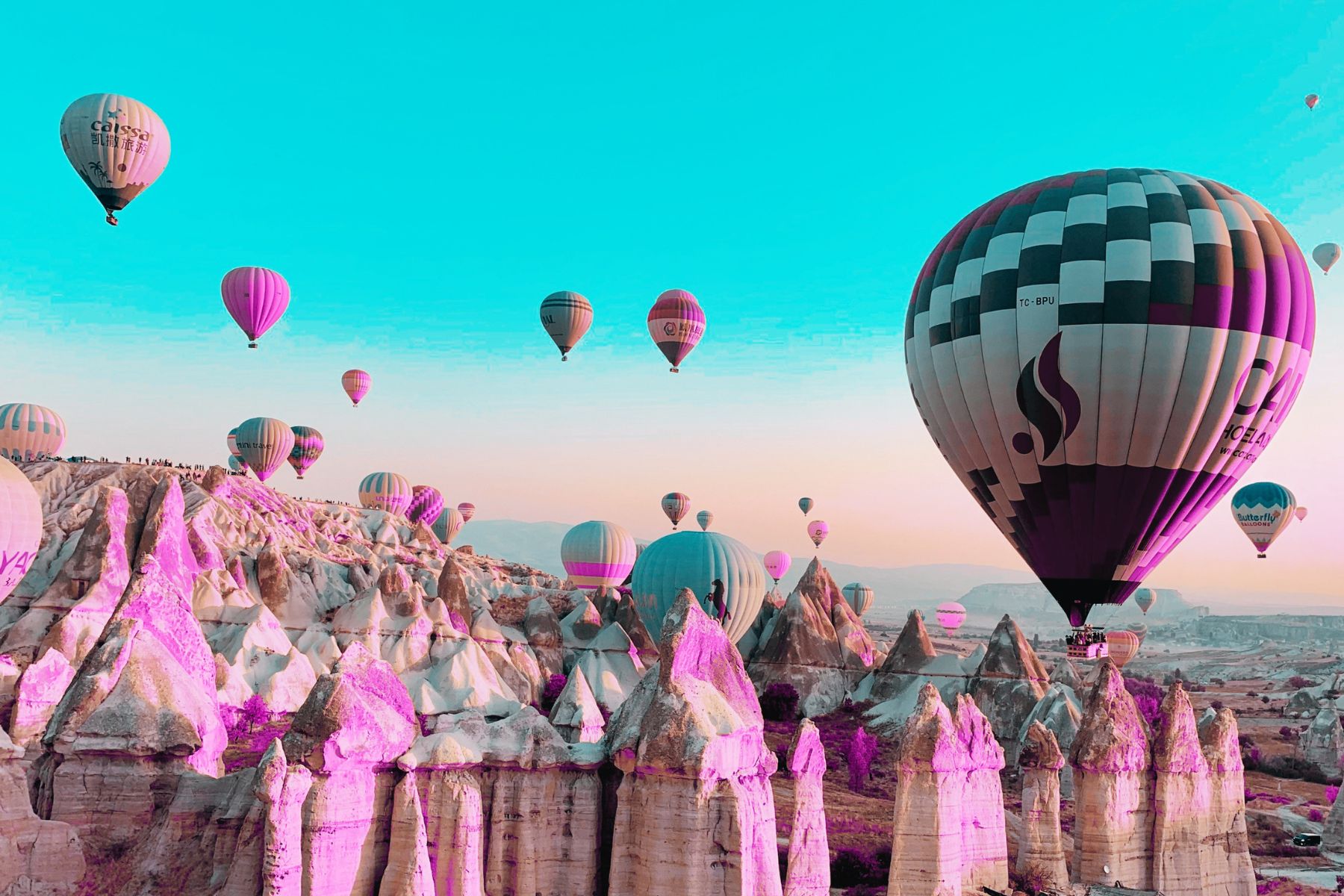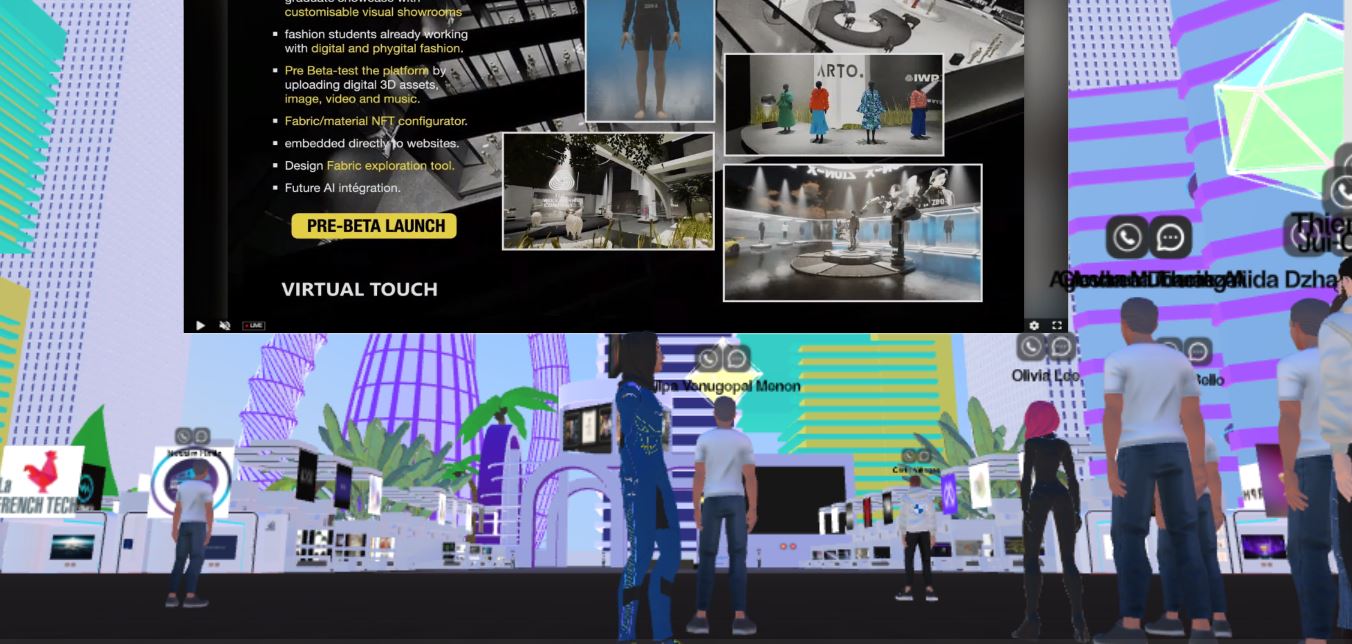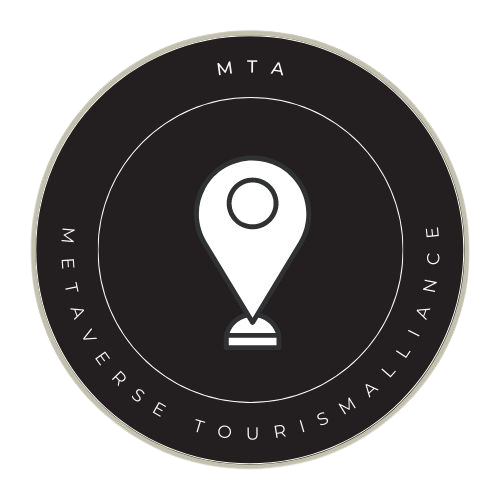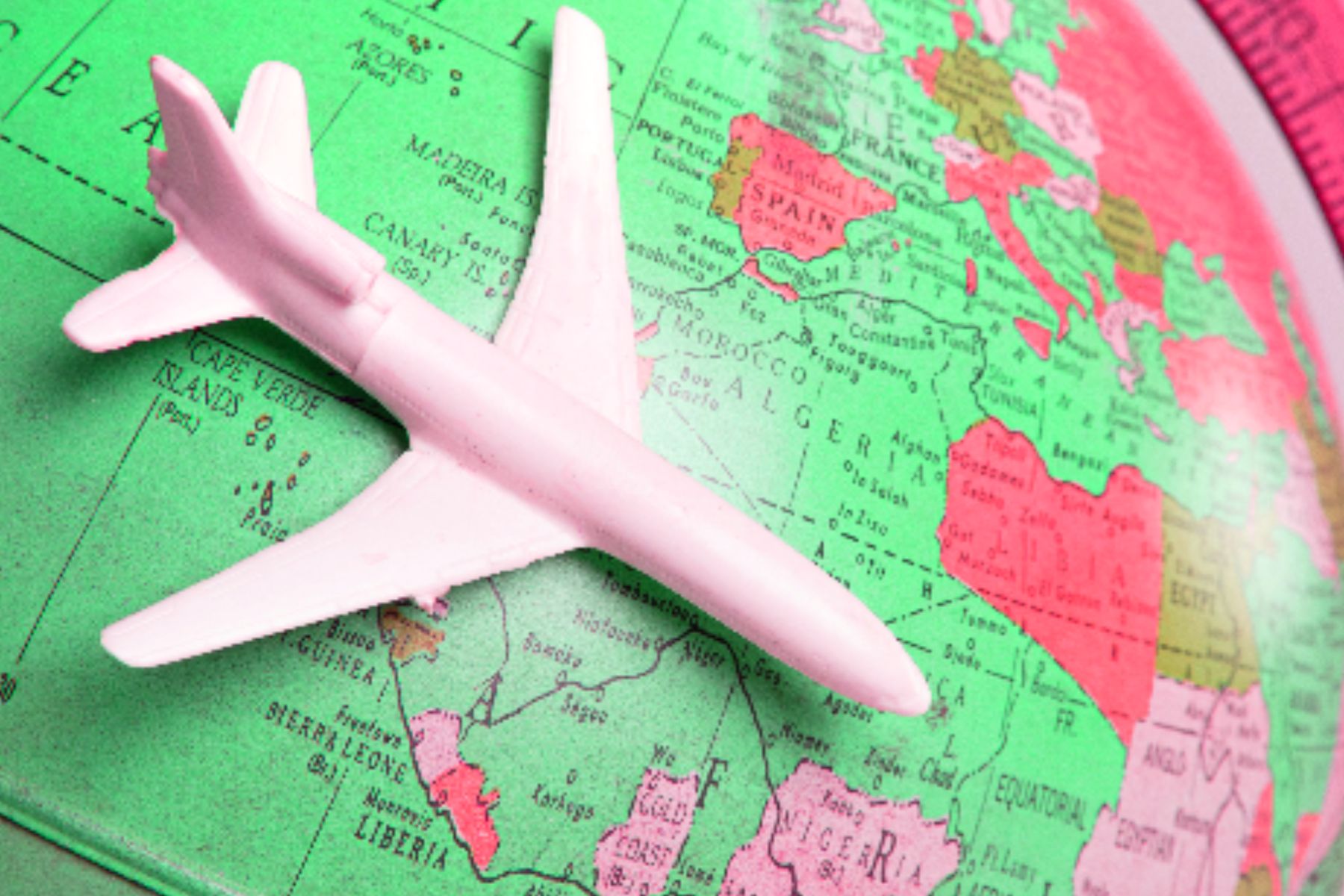The global pandemic forced people to re-examine their travel needs and also appreciate the time that we enjoy traveling for both leisure and business. As technology proved so capable of replacing a majority of the business travel needs during this period, is it time to adjust our travel behavior and shift to a hybrid future of travel where we can enjoy both the benefits of both physical travel experiences and the practical applications of virtual environments?
In the last 5 years new travel trends have emerged. People are now more conscious of their carbon footprint, the impact that they have on their physical surroundings and the opportunities for engaging, affordable online experiences. This has given rise to a new entertainment sector. From meetups to cook-a-long shows to virtual yoga sessions, our behavior was forced to recreate what is meant to be social as a tourist.
What is the metaverse?
When you Google the above question you will get many different responses but most pinpoint that the Metaverse is a 3D virtual, immersive environment. The metaverse as a term was coined by author Neal Stephenson in his 1992 sci-fi novel Snow Crash. Stephenson referred to the metaverse as an all-encompassing digital world that exists parallel to the real world.
With this definition in mind we can look at the real world around us and see how and what we would take from our existing environments to use within these virtual environments?
Some industries are not applicable, for example, we won’t need a form of metaverse food just yet. However, some industries can be transported and expanded in the many metaverse platforms today. The entertainment industry is ripe for disruption and tourism is positioned as a key driver of entertainment, attractions, the arts and other sectors affiliated with the creative sector.

Metaverse and Tourism Trends
Government bodies and recognised hospitality brands are now vocal about their exploration of metaverse platforms. Many brands, such as Emirates, Coachella and Fashion Weeks globally are experimenting with a hybrid business model. This allows them to continue with existing business strategies, focusing on the existing customer base but also discover the potential of virtual environments.
Dubai aims to raise the contribution of the metaverse to its economy to $4bn by 2030, creating 40,000 virtual jobs and potentially using Gross Metaverse Product as an economic output metric to measure its contribution to the economy. The sectors to which the metric will be applied include tourism, education, retail, real estate and the government. UAE has set an ambitious target to increase its tourism contribution from 11.6% of GDP to AED 450bn ($122.5bn) by 2031, a goal that the metaverse could help achieve.
Emirates is already planning to hire 4,000 cabin crew by mid-2023 and train them in the metaverse while enabling millions of people to enjoy its in-flight hospitality virtually. Other travel and tourism companies have also used the metaverse, for example, Hilton trained its staff using virtual reality technology to improve their hospitality skills.
How will innovative travel professionals use the metaverse in the future?
The metaverse offers a blank canvas for travel and tourism professionals that see a hybrid future for the industry. Whether they want to re-create a virtual experience, build a business empire, host a virtual festival or bring their existing customers on a journey, the metaverse provides a way to build alternative tourist experiences.
Taking an existing industry and transporting it into a virtual world is no easy task (believe me we have tried with The Irish Shebeen). You may have freedom of expression but technology still has many limitations and the processes can be just as tedious as any product launch in the real world. However, it is crucial at this point in time that there are people willing to take risks and roll up their sleeves to experiment with these new environments. Here is just a handful of tourism organisations using the metaverse today:
- Millennium Hotels and Resorts is inviting guests on a mind-blowing virtual tour of their Decentraland hotel.
- Emirates is taking virtual reality to new heights by offering customers “signature metaverse experiences.” From developing NFTs to repurposing its pavilion into an innovation center, the airline is redefining what it means to be innovative.
- KLM is cleaning up their act (literally!) by using virtual fleet tours to train their cleaning crew.
- Disney is bringing the magic of the metaverse to its theme park and resort properties! With a senior VP dedicated to Next Generation Storytelling and Consumer Experiences.
- MGM Resorts is using virtual reality to attract top talent and train their employees.
Ways that the Metaverse is currently transforming the tourism sector
Virtual Tours
The idea of metaverse tourism is closely linked with virtual reality technology, but it has even greater potential to revolutionize the travel industry through the concept of VR tourism. This involves using virtual reality experiences to supplement traditional tourism or even replace it altogether.
Currently, virtual reality tours allow individuals to visit tourist destinations and experience them in a realistic way from their own homes. However, the possibilities for virtual tourism extend beyond sightseeing, as virtual attractions can also host concerts, entertainment events, and business meetings.
Gamification
Businesses are creating their own versions of online games to provide a way to engage with tourists in a fun and interactive way. Adding quests and gamification to an experience can offer something unique that is more difficult to replicate in a physical space.
Tourists are also familiar with a sense of achievement and reward offered via game play, making the add on easier to understand as part of the tourist experience. Games can also provide an opportunity for destinations to connect with a wider audience that may not be able to reach them physically.
Online trade Shows and Conferences

There are countless online trade shows, conferences, industry meetings and events today. The COVID-19 pandemic has negatively impacted trade shows, expos, and other similar events, requiring them to transition to the online space. These events also face similar challenges as the tourism industry, including heightened awareness of climate change issues.
Metaverse tourism offers a potential solution to enhance these online events by providing a more immersive experience. Beyond simply moving events to the virtual realm, VR technology, avatars, and other methods can be used to replicate the social interactions that would typically occur in person.
Expanding Existing Attractions and history
Many existing museums, galleries and attractions that tourists enjoy when they visit a place can be enhanced using Web3 technologies and Augmented Reality. Provided that it doesn’t have a negative impact on a current experience that is popular amongst tourists, these types of virtual tours can add depth and new ways of seeing places, objects and history.
Adopting a more Sustainable business model
We wrote an article about this very topic not so long ago. The metaverse could help reduce environmental pollution caused by physical travel, providing a sustainable alternative. Encouraging an annual surge of tourists to rural destinations or even major cities locations can have a significant impact on the infrastructure and environment of that area. Companies that are mindful of Over Tourism will be more attractive to younger generations who are now more conscious than ever of their carbon footprint.
The long standing tourism industry has delivered enormous value for communities to broaden their income sources beyond an over-reliance on agriculture. It also promotes the preservation of unique regional traditions that form a crucial part of the area’s identity. To explore and enhance these revenue streams, local governments can turn to metaverse platforms such as Upland, the Sandbox, Decentraland, Neoki, and others to experiment with novel tourist experiences.
Join the MTA today to expand your network, knowledge and opportunities in the hybrid future of tourism.

